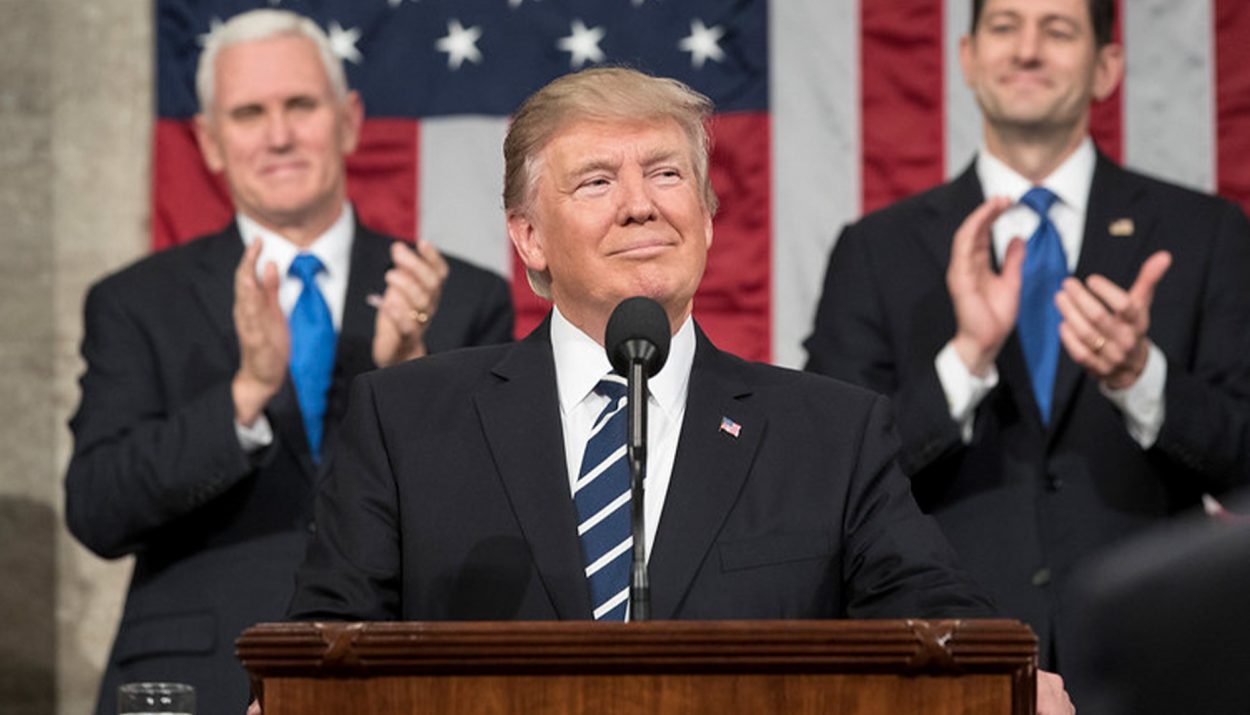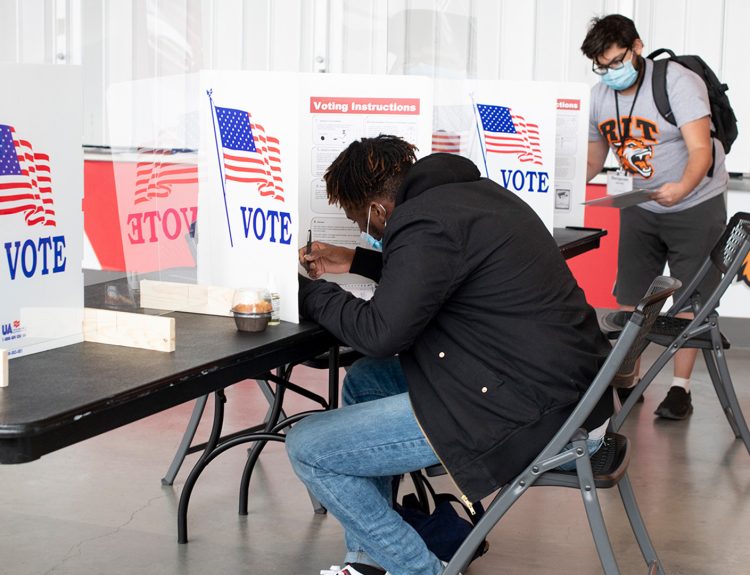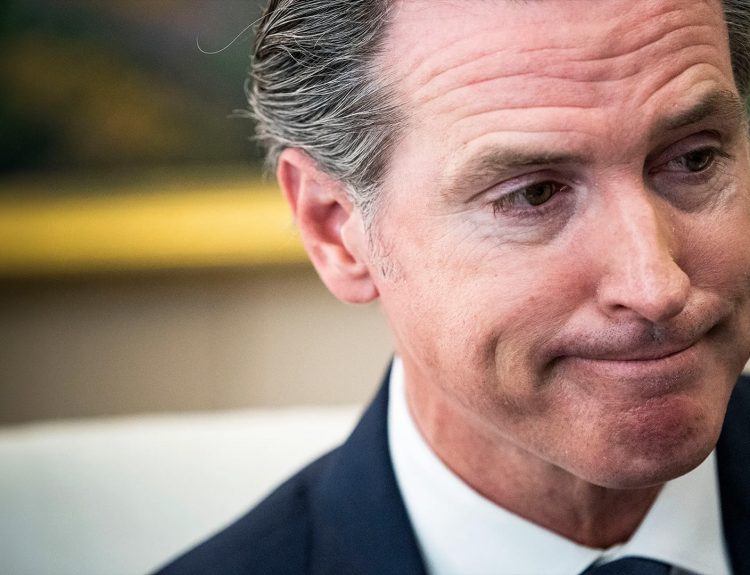As President Trump considers staffing choices for a potential second term, he faces difficult decisions regarding loyalty versus talent. Hiring solely based on loyalty risks hampering government functionality and expertise.
However, dismissing long-term loyalists also carries political risks and may limit support within his inner circle. With his current term marked by high staff turnover and controversial hires, Trump must find the right balance of loyalty and talent to effectively govern while maintaining allies.
The Importance of Loyalty Versus Talent in Government
A key question facing any administration is achieving the right balance of loyalty and talent in appointments. For President Trump, loyalty has been an especially high priority, evidenced by his frequent public comments emphasizing its importance. Former officials say loyalty to Trump’s agenda will be the “singular criterion” for appointments in a potential second term.
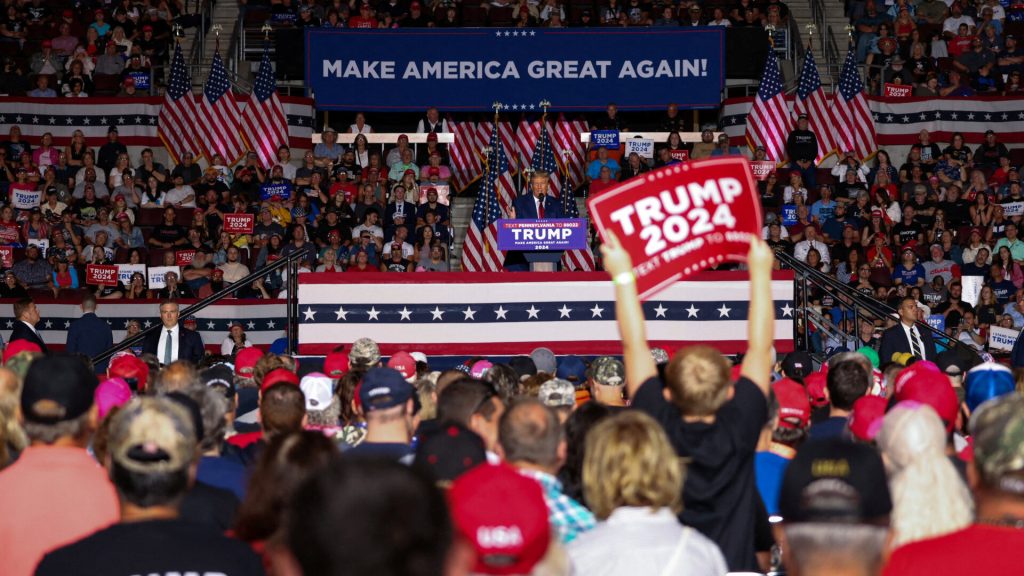
On the one hand, loyalty is crucial for effectively advancing an administration’s priorities. Appointees who share the President’s goals and vision are more likely to implement his preferred policies energetically.
Loyalty Over Competence is a Big Risk
An overemphasis on loyalty risks prioritizing fealty over competence. Appointing officials primarily based on loyalty rather than talent and expertise can hamper an administration’s effectiveness. For example, Trump’s former Defense Secretary Mark Esper warned that in a second term, “loyalty will be the attribute Trump will be seeking above all else.”
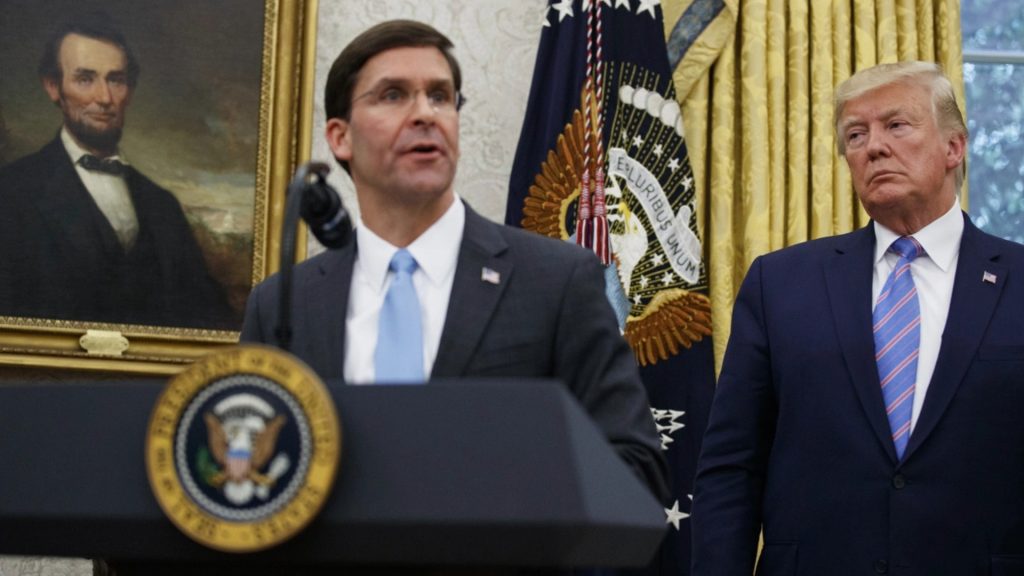
According to Esper, this approach could allow “harm” to “occur over four years.” Similarly, others have raised concerns that loyalists may “employ subterfuge” to secretly undermine the President. There are indications that Trump may aim for a balance of loyalty and talent. As one former White House official said, “He wants the ‘best available’…Loyalty is important to him, but I don’t know it’s as much of a litmus test as that.”
Reviewing Trump’s First Term Appointments
During his first term in office, President Trump prioritized loyalty over experience when appointing key administration roles. Trump felt betrayed by officials like former Attorney General Jeff Sessions, who recused himself from overseeing the Russia investigation, and Vice President Mike Pence, who did not dispute the 2020 election results.

Trump and his allies recognize the need to fill a second-term administration with devoted loyalists committed to enacting his agenda. “You have four years. You have three or four major things you can accomplish – major things – and you have to have the full support of a loyal team,” an outside adviser said.
Potential Cabinet and White House Staff in a Second Term
President Trump would likely prioritize appointing officials fiercely devoted to executing his policy agenda in a prospective second term. Given feelings of betrayal from members of his first-term Cabinet and staff, loyalty may be the primary attribute the President seeks.
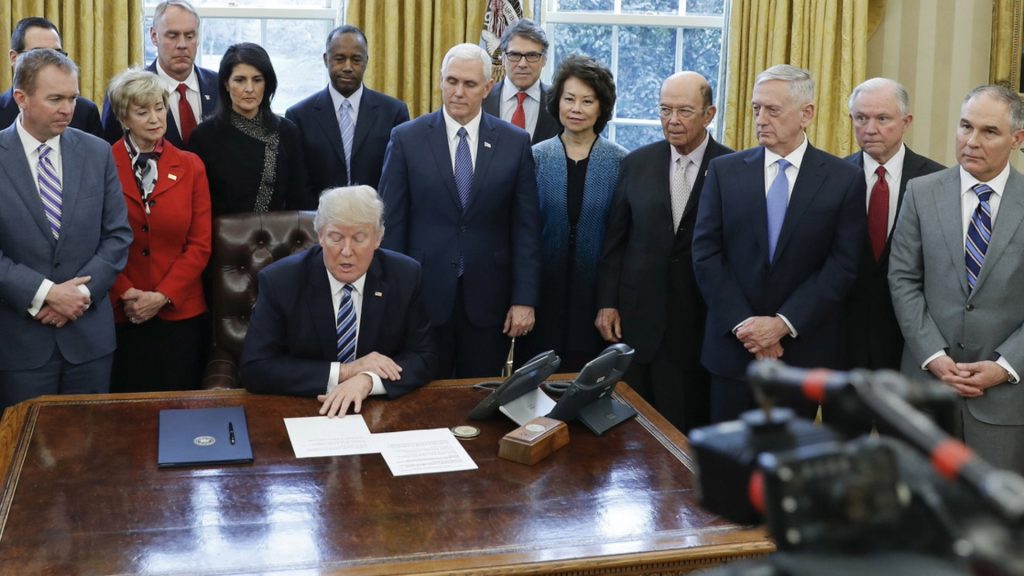
Vetting and preparation are already underway, with one group hosting a “presidential appointee boot camp” to train prospective officials in helping “the president gain control over the levers of power and thwart a hostile bureaucracy.”
Striking a Balance: Policy Experience vs. Personal Loyalty
A balance must be struck between appointing individuals with relevant experience to execute policy goals and rewarding loyalists. As Trump considers personnel choices for a potential second term, he will weigh candidates’ expertise and commitment to his agenda against their allegiance and fidelity.
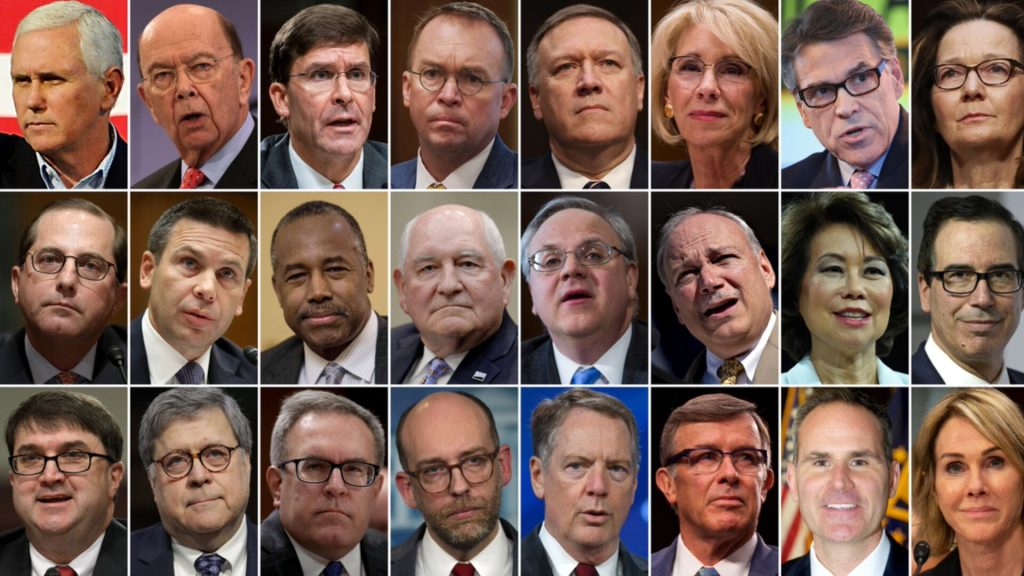
On one hand, realizing ambitious plans requires competent leadership. As one former White House official observed, “He wants the ‘best available’. . . Loyalty is important to him, but I don’t know it’s as much of a litmus test as that.”
Key Positions Likely to Turn Over in a Second Term
Should former President Trump secure a second term in office, several key Cabinet and staff positions will likely see turnover as he seeks officials fully committed to executing his policy agenda. The Secretary of Defense role has proven difficult for Trump to fill, with two secretaries forced out during his first term.
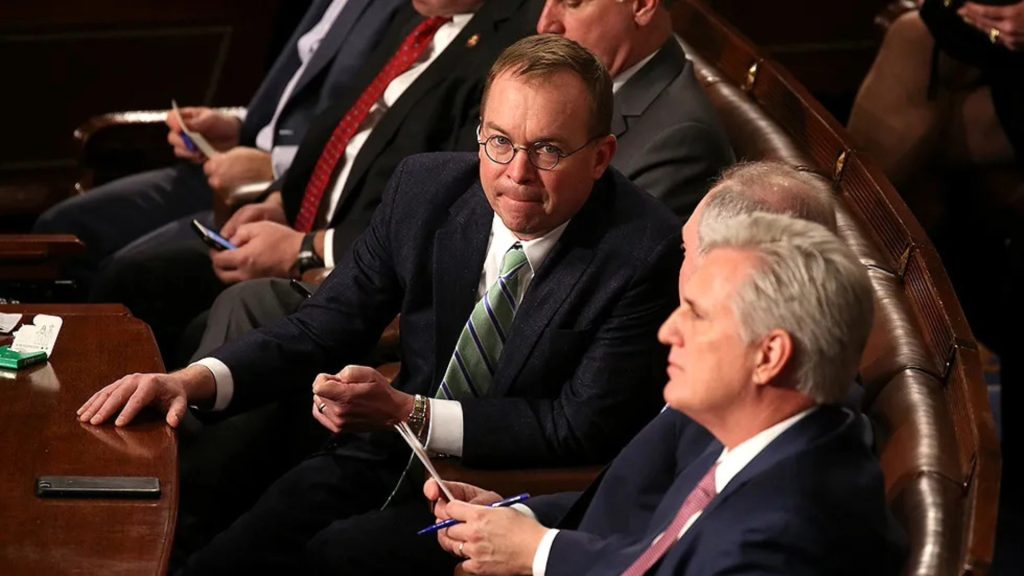
William Barr stepped down as Attorney General shortly before the end of Trump’s first term, having drawn criticism for seeming to protect the President’s interests. Mick Mulvaney and Mark Meadows successively filled the Chief of Staff role during Trump’s first term, tasked with enforcing discipline and order within the administration.
Trump’s Criteria for Judicial Nominations
President Trump values loyalty and commitment to his political agenda above all else when choosing nominees for judicial appointments. According to former advisors and officials, Mr. Trump seeks candidates who faithfully execute his vision without question or dissent.
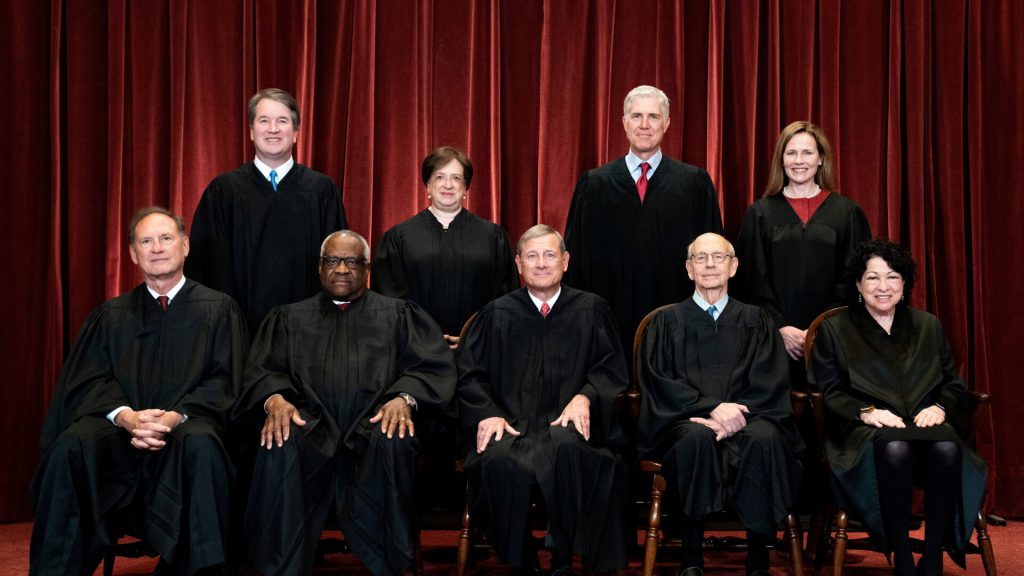
Mr. Trump is willing to eventually reconcile with former dissenters and critics. Some previous opponents have regained his favor, indicating that displays of loyalty can overcome a history of disagreement. For potential nominees, affirming commitment to Mr. Trump’s vision may be the surest path to securing an appointment despite any past friction.
Foreign Policy and National Security Advisors in a Second Term
For President Trump, loyalty and allegiance to his agenda are paramount in potential appointees to senior administration roles. In a second term, the President would likely prioritize appointing foreign policy and national security advisors who demonstrate unyielding commitment to his “America First” vision.
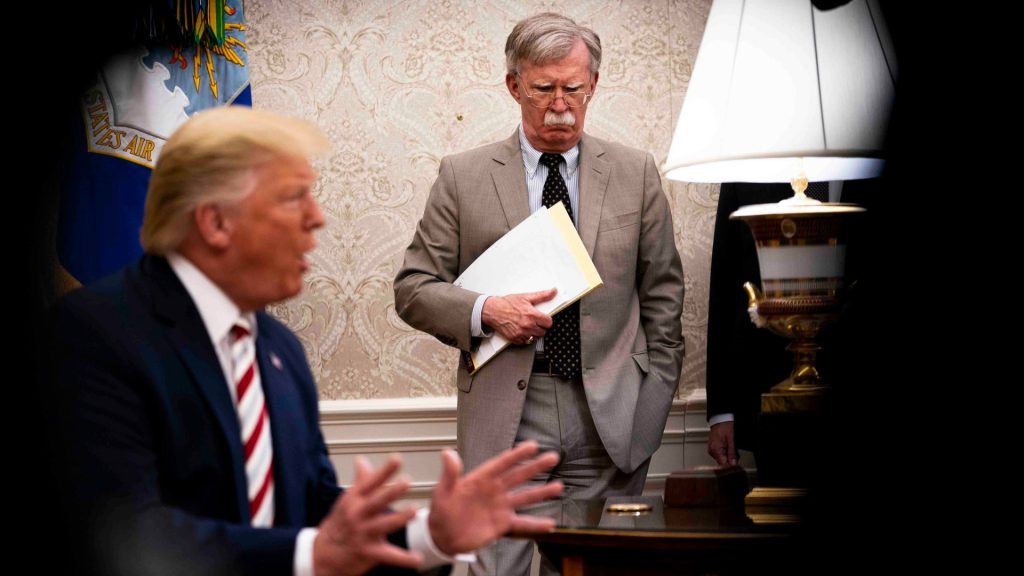
The President’s fixation on loyalty raises questions about the qualifications and experience of potential appointees. However, attracting competent candidates may prove difficult if absolute fealty is the leading selection criterion.
Managing White House Relations With Congress
In a second term, Trump would benefit from building bridges and finding common ground with political opponents. Reaching across the aisle to work with Democratic leadership on infrastructure investment or workforce development could yield legislative wins and bolster Trump’s legacy.
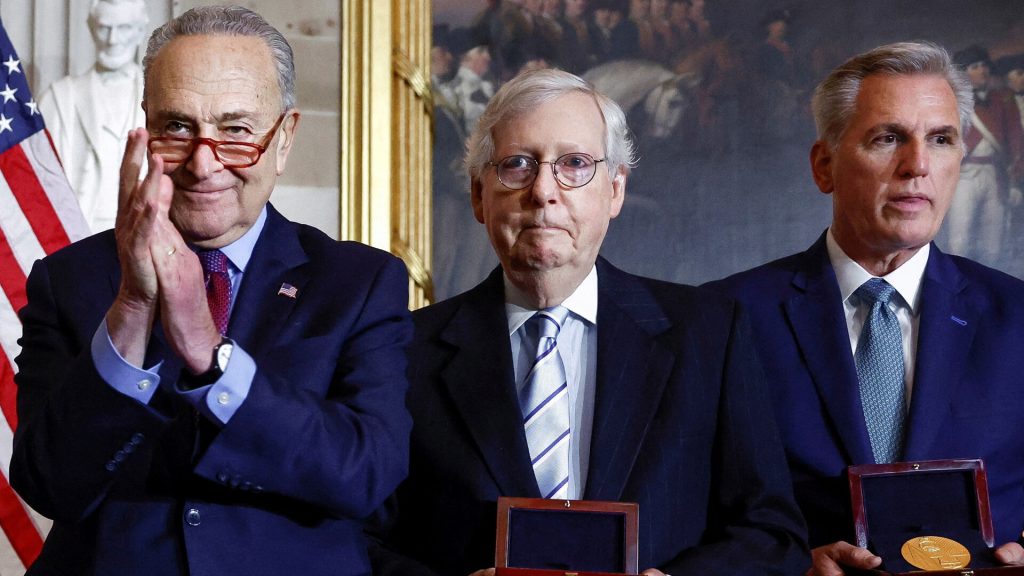
Trump must work to maintain the support of Congressional Republicans, who provide the votes needed to pass his policy priorities. While Republicans broadly support Trump’s agenda, tensions within the party hampered progress on key initiatives during Trump’s first term. Going forward, Trump would need to strengthen relationships with Senate Majority Leader Mitch McConnell and House Minority Leader Kevin McCarthy, as well as rank-and-file members.
A Balance of Loyalty and Talent
President Trump can balance loyalty with talent in his personnel choices in a second term. This will require identifying the most critical positions and bringing in competent leaders to carry out his agenda effectively.

By relying less on personal relationships and more on qualifications and investing in team cohesion, he can build an administration focused on delivering results for the American people. Ultimately, the President will be judged by the performance of his chosen people. His legacy depends on assembling an effective team to meet the challenges of the coming years.

